How to Implement Effective Self-Management in the Workplace

Self-management is one of three fundamentals that an organization needs to become "Teal", along with Wholeness and Evolutionary Purpose.
Self-management is a confusing concept that often includes so many moving parts it becomes hard to keep track of anything.
Often, all of these changes happen while you are still expected to continue doing your job like normal. That can be overwhelming.
Thankfully, if done right, it can be hugely beneficial for everyone and make your job and life easier.
What is Self-Management in the Workplace?
First, you need to understand what this whole thing even is.
We propose the following definition:
Self management in the workplace is understanding what the organization expects you to deliver and having the freedom to meet those expectations however you feel is best.
Thus, in order to develop strong self-management skills in a work environment, you must be clear on exactly what your job is.
What do you need to do?
How do you need to do it?
When does it need to be done?
Once you have that understanding, you then need to have some level of freedom and autonomy in your work.
This will allow you to deliver results in the way that is most efficient for you personally.
Clear Expectations
The first part of self-management is to know what's expected of you.
At many workplaces, the expectations are vague or entirely absent.
When that's the case, it's often a matter of employees doing what their managers tell them to at any turn, because the daily expectations aren't explicit.
Very often, that means that stress is high and employee engagement is low.
Ideally, self-management in the workplace should work exactly like paying your electric bill. If the power company said, "Pay a good amount in a timely manner", it would be a nightmare. You wouldn't know what to pay or when. Your expectation would surely be different than theirs and that lack of communication would result in the power company shutting off your electricity all the time.
Similarly, it's not uncommon for someone to get in trouble at work for not doing a task in a specific way they didn't understand was a requirement.
Hopefully, your power company says, "Pay $100 by the 30th of every month or we shut your power off". This is a completely explicit expectation. It isn't vague or up to interpretation. Anyone could look at that expectation and come to the same understanding of what needs done and what the consequence is if it's not done. That is a clear expectation.
Freedom and Autonomy
Once a clear expectation is defined, the second half of self-management comes in.
You have the expectation, but you also need the freedom to do that however works best for you.
Everyone does things differently and, in a self managed team or self managed organization, that's absolutely fine.
Let's look back to the electric bill example.
Some people pay in full by the first of the month so they don't need to worry about it. Others have direct deposit and have no idea when the payment is made, they just hope they have money in the bank and the payment goes through automatically. Some people will pay the bill in a panic on the 29th. Others will write a check for $25 every week so there's less of a dent in their available money.
Everyone does it differently, but everyone meets the expectation, so the power company doesn't care how it was done.
This is how self-managing teams should work as well. If your expectation is to be in the office at 9 AM, it shouldn't matter whether you get there at 9 on the dot or 10 minutes early. It shouldn't matter if you are at your desk, in the lounge, or at a coworker's desk at 9, because you're in the office. If you need to be at your desk by 9, then the expectation should be updated accordingly.
How to Ask for Clear Expectations and Autonomy?
This process varies based on how your organization operates and the person or process that defines your expectations.
Let's assume you have someone who assigns your expectations (such as a manager or circle lead).
The best thing to do is have a one-on-one conversation with them and ask them the following questions.
"What do you need me to accomplish?"
Self-managed teams need accountability. Accountability can only happen if there's clarity.
By getting a clear goal, you can focus on what really matters.
For this, you want to ignore how you're going to do that work and instead think only about what ultimately needs to be completed after all is said and done.
For example, a good response might be, "I need you to answer every phone call." Great. We haven't yet figured out the staffing needs or work schedules to make that happen, but we know what needs to be done. In this case, if you only answer 5 calls a day, but there were only 5 calls, you have done your job. On the other hand, if there are 1,000 calls a day, you need to answer 1,000 calls. In most cases, you will need to get more detailed than this. Does it matter how quickly you answer the phone? Is there a particular greeting you are required to use? Are you expected to answer literally every call the office ever receives, or just those that come in during your work shift?
These are all the types of things you want clarity on so you can be completely confident at all times that you are doing your job perfectly and won't have to worry about someone saying you're doing it wrong.
"Why is this important?"
How does it tie into the organization's purpose?
Knowing why something matters increases employee engagement and motivation. It helps you to understand why the work you do matters and allows you to mentally prioritize your work accordingly.
If your job is to "Answer every phone call", but your manager's only explanation is "because I said so", are you going to take the job seriously?
Are you going to put any importance on that?
Are you going to go out of your way to make sure things are done right?
Probably not.
On that same note, if the only response is "because I said so", that hints at the likelihood of this not being an important task that probably shouldn't be a job expectation.
However, if you ask why it's important and the response is, "Because our customers depend on us. If they are calling, it's because they have a question or problem that only we can help with. Good and prompt service means they can rely on us and will remain a loyal customer. Bad service means they will never buy from us again, give us bad reviews, and tell others to not buy from us either. That will cost all of us our jobs."
Now, answering phone calls seems important.
Picking up the phone will make you feel like you are providing a valuable service for your many customers and are guaranteeing job security for your peers.
With only a change of explanation, "Answering every phone call" now seems important, valuable, and meaningful.
"To be clear - you don't care how I do X, as long as it gets done, right?"
It sounds sassier than it is!
The point of this question is to bring it back to the two above questions, rinsing and repeating as often as is necessary until you and your team leader (or whoever is assigning your expectations) come to an agreement on what work needs to be done.
By confirming, "You don't care how I answer every phone call, as long as it gets done, right?", it gives you full autonomy in how you do that.
If the infrastructure exists, you can work from home and answer calls from the comfort of your couch. You could set up a desk in the office cafe and answer calls from there. You could forward calls to your cell phone and answer calls while out hiking.
In any case, as long as you are answering every phone call, you are doing a great job (assuming that, in this example, answering every phone call is literally their only job expectation).
For facilitating self-management, do not hesitate to check our solution Holaspirit based on the Holacracy methodology !
Beyond Empowerment
Doug Kirkpatrick, author and self-management consultant who worked at Morning Star, talks about his definition of self-management in the workplace. In short, it requires equal parts freedom, emotional intelligence, and responsibility.
Which Models Can Help You Implement Self-Management in the Workplace?
Now that you know all about self-management and how to create self-managed teams, you might be wondering: how do I implement it in my organization? Well, don't worry: there are many organizational models out there than can help you do just that. Maybe you've head of Teal, Holacracy, Sociocracy or Constitutional Management. All these models can provide you with a framework that's adapted to your needs, or even better: they can help you create your own organizational model! So, how can you choose and implement the right model? That's what we're discussing in our latest ebook 👇
Access White Paper
In our white paper "The Ultimate Guide to Organizational Models", you'll get: a comprehensive overview of innovative organizational models (like Agile, Teal, Holacracy, Constitutional Management, and more), testimonials from pioneer organizations that have successfully adopted it, best practices for choosing, implementing and measuring the effectiveness of our model, as well as digital tools to facilitate the transition.







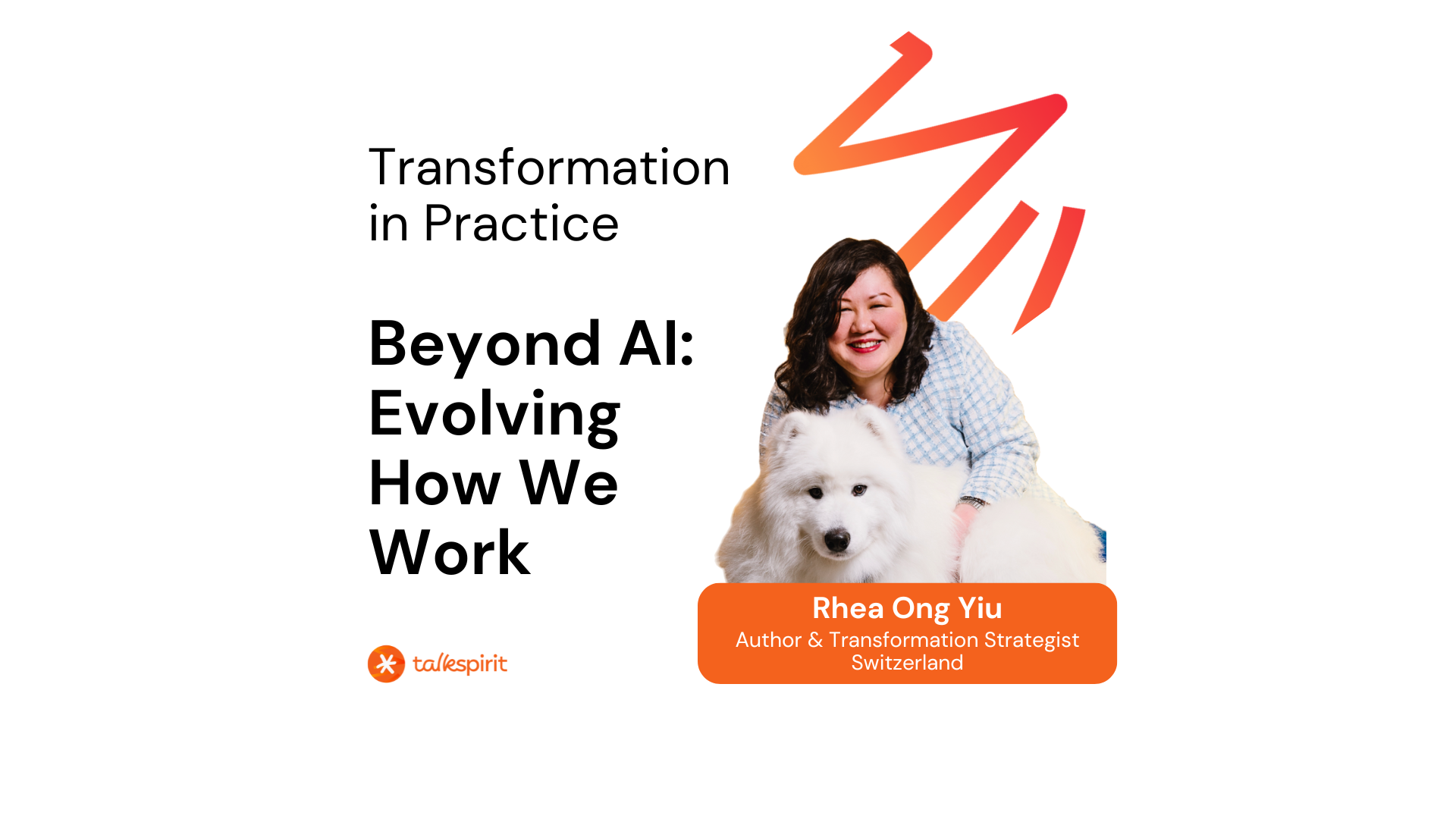
.jpg)


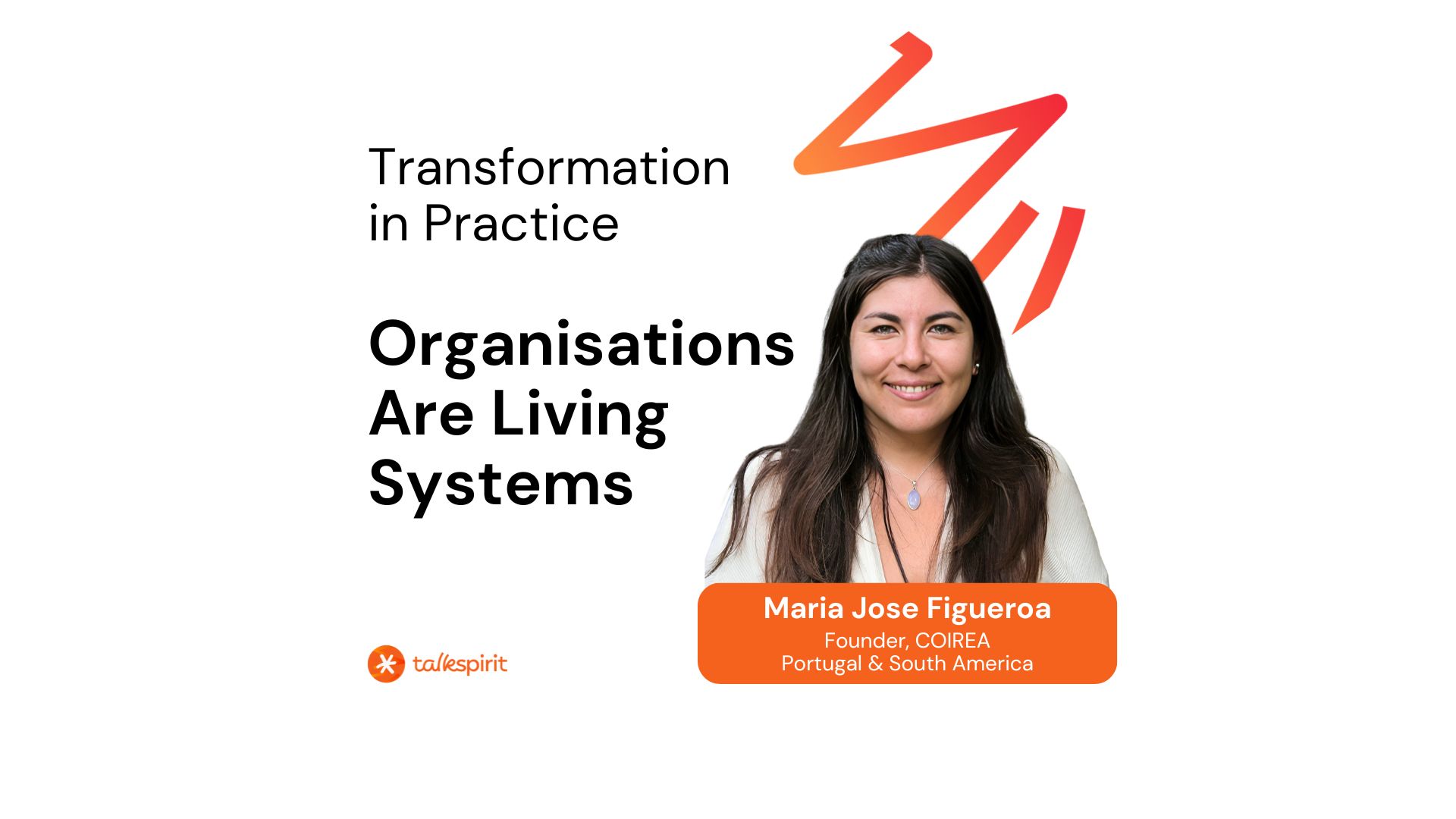





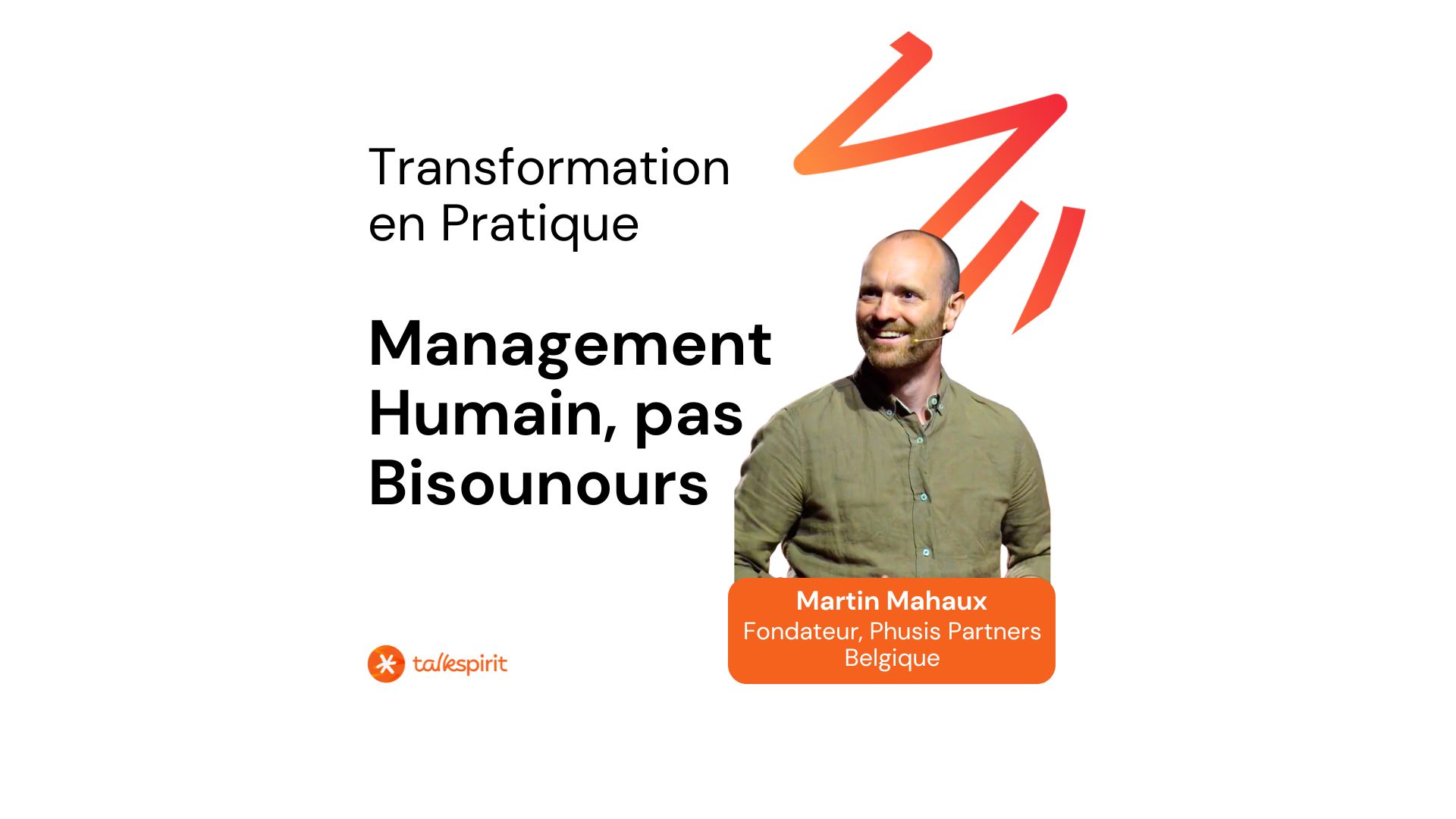
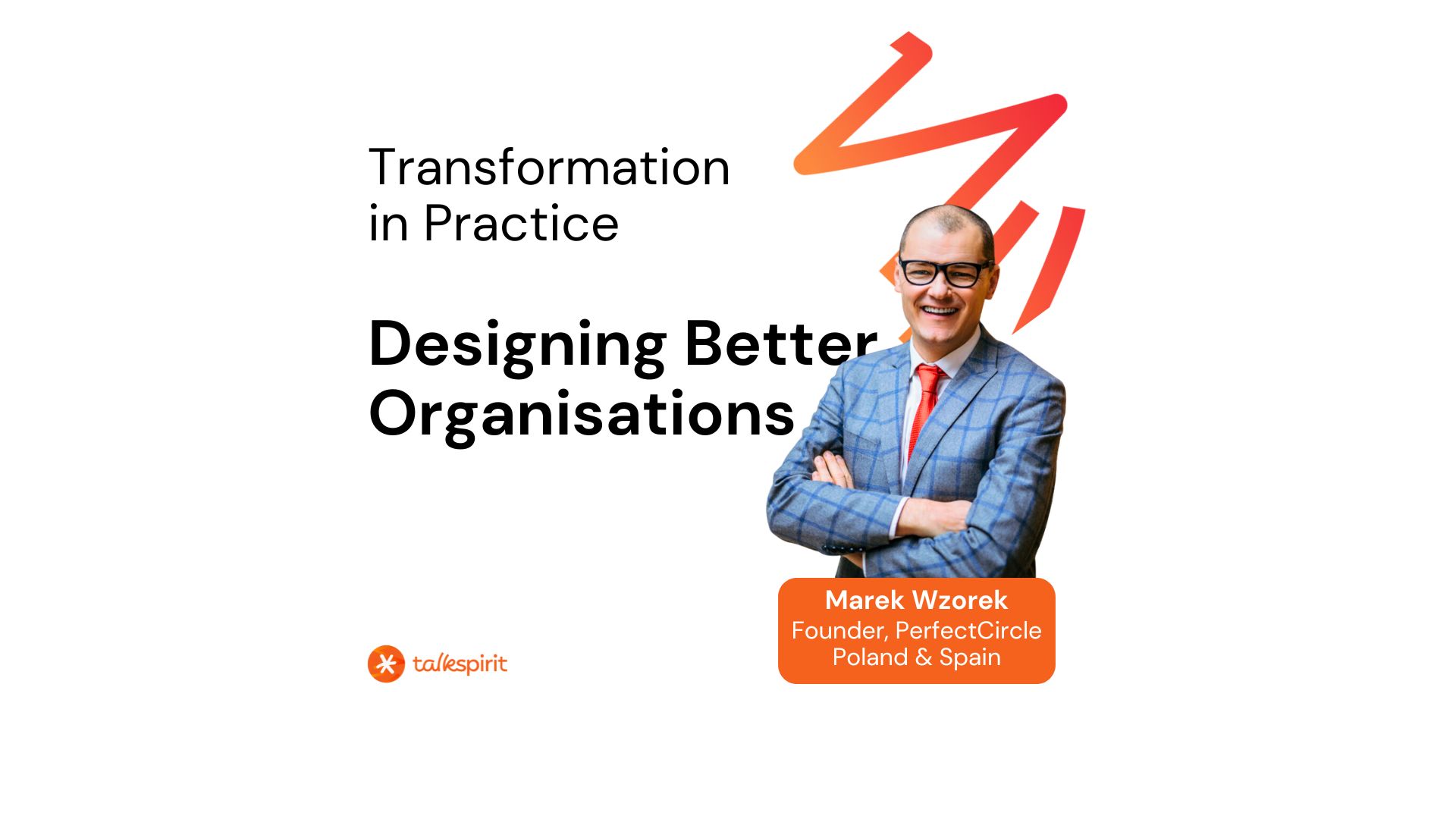

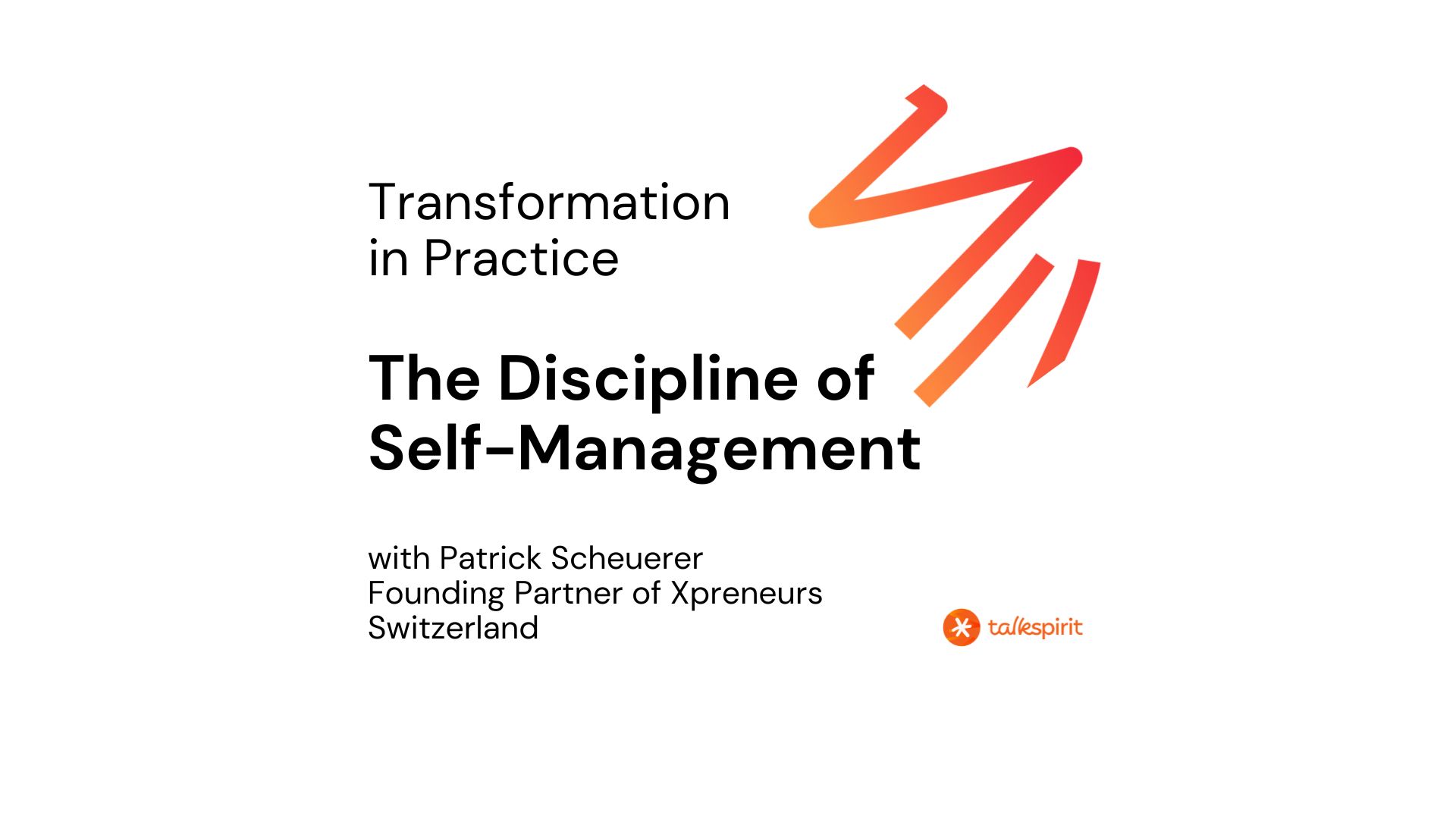

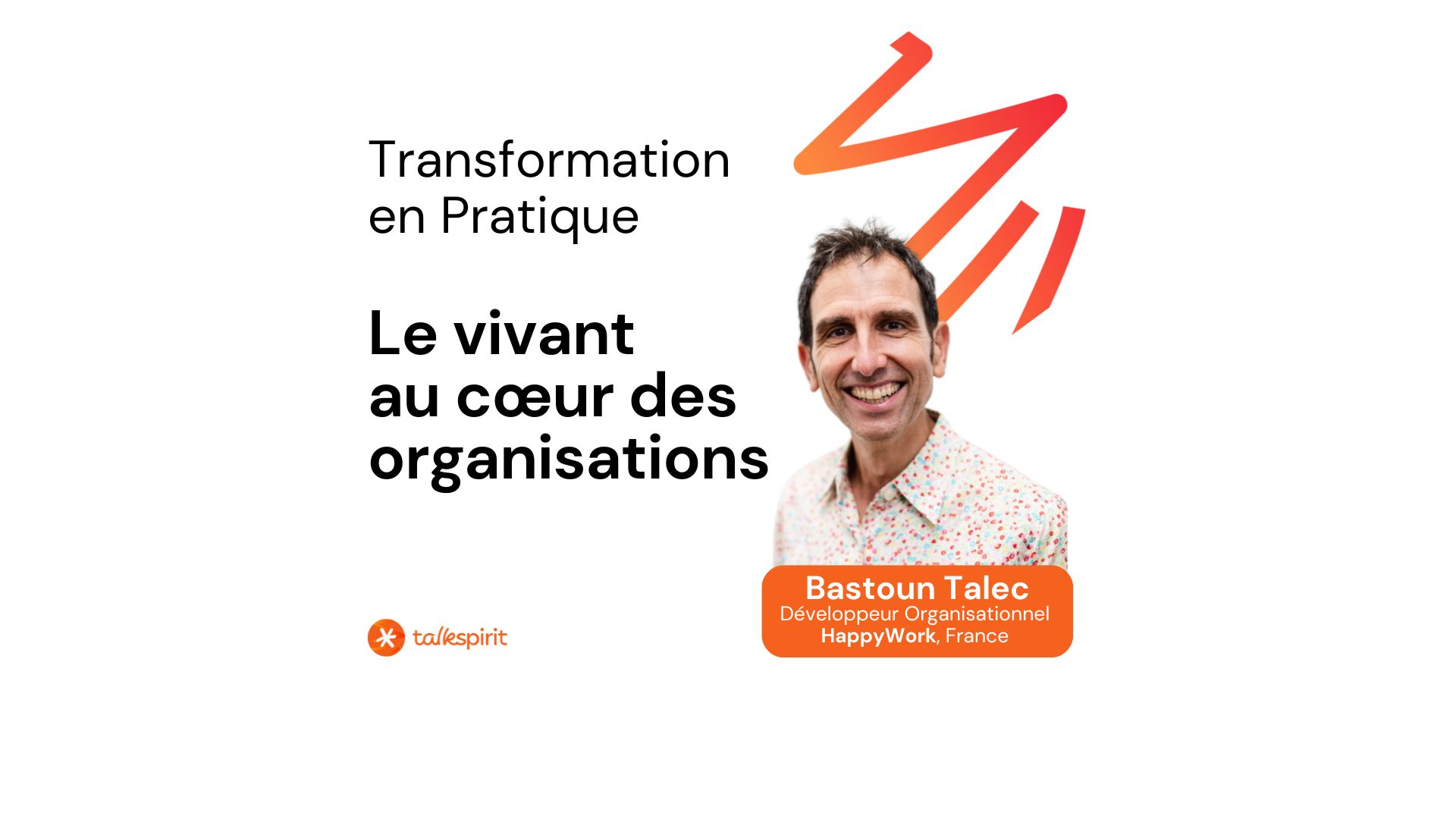



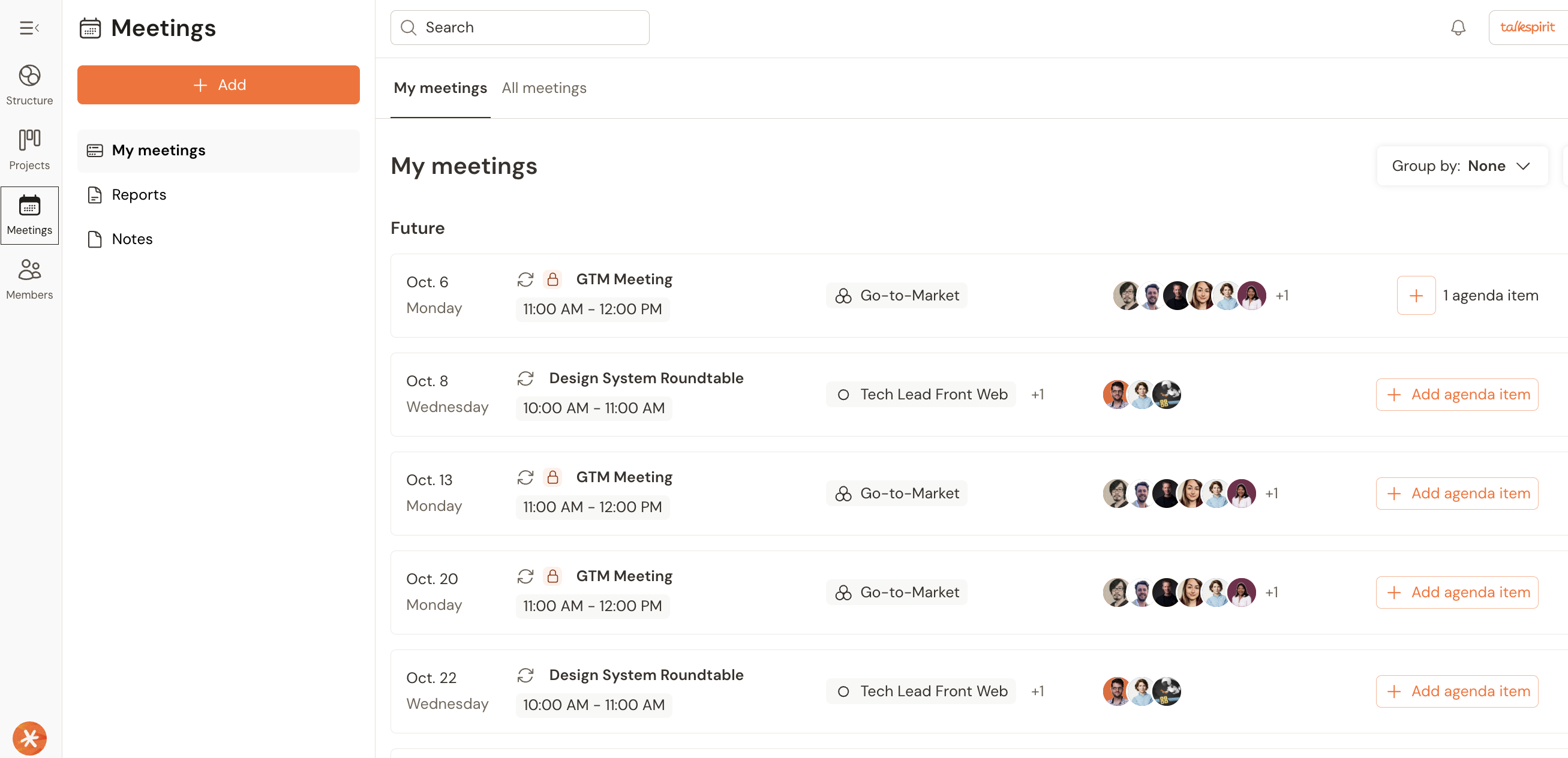



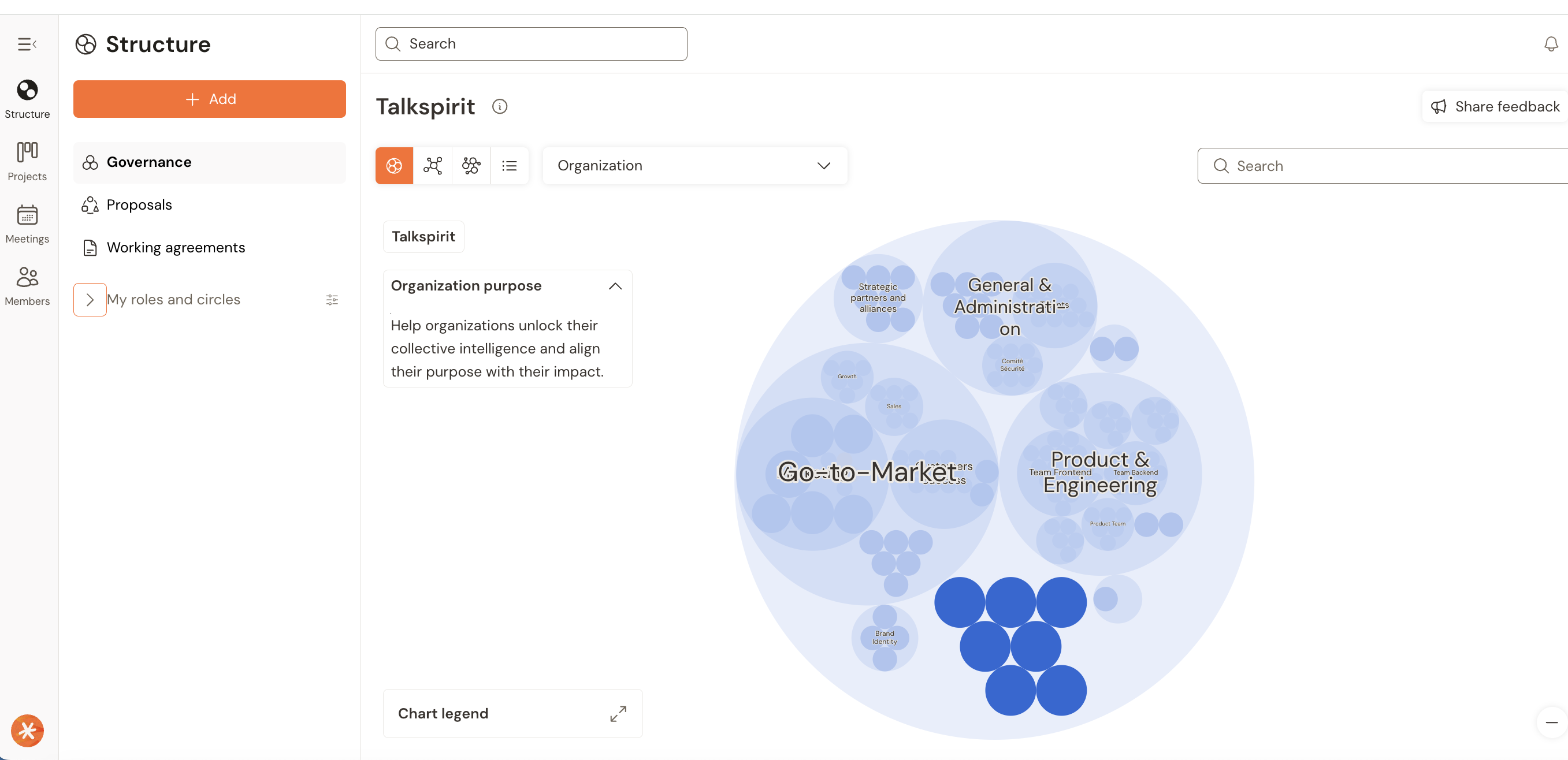
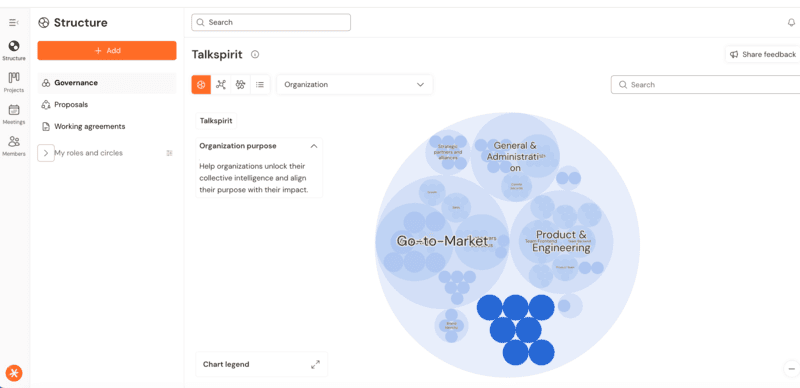

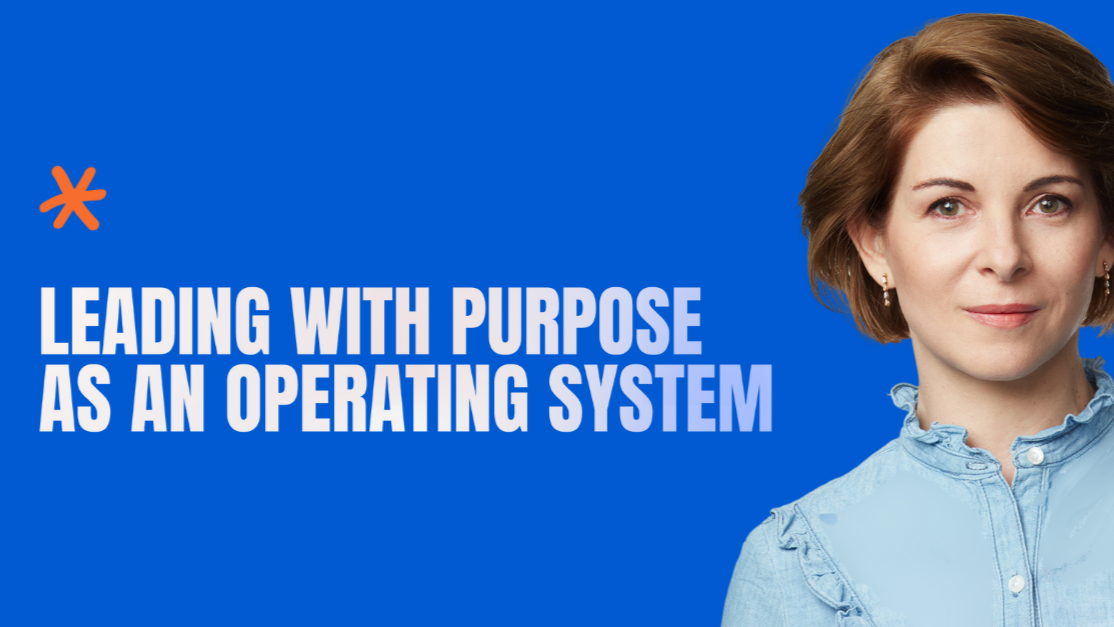







.jpg)





.jpg)
.jpg)







.jpg)
.jpg)


.jpg)

.jpg)


.jpg)











.jpg)




.jpg)



.jpg)

.jpg)



.jpg)








.jpg)




